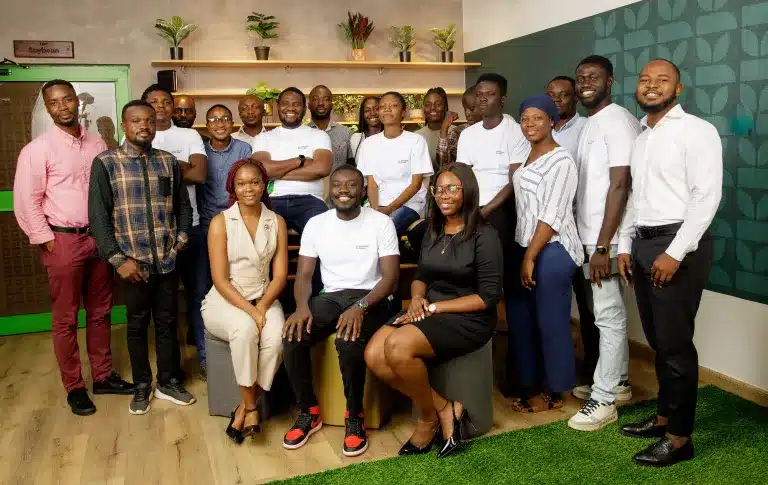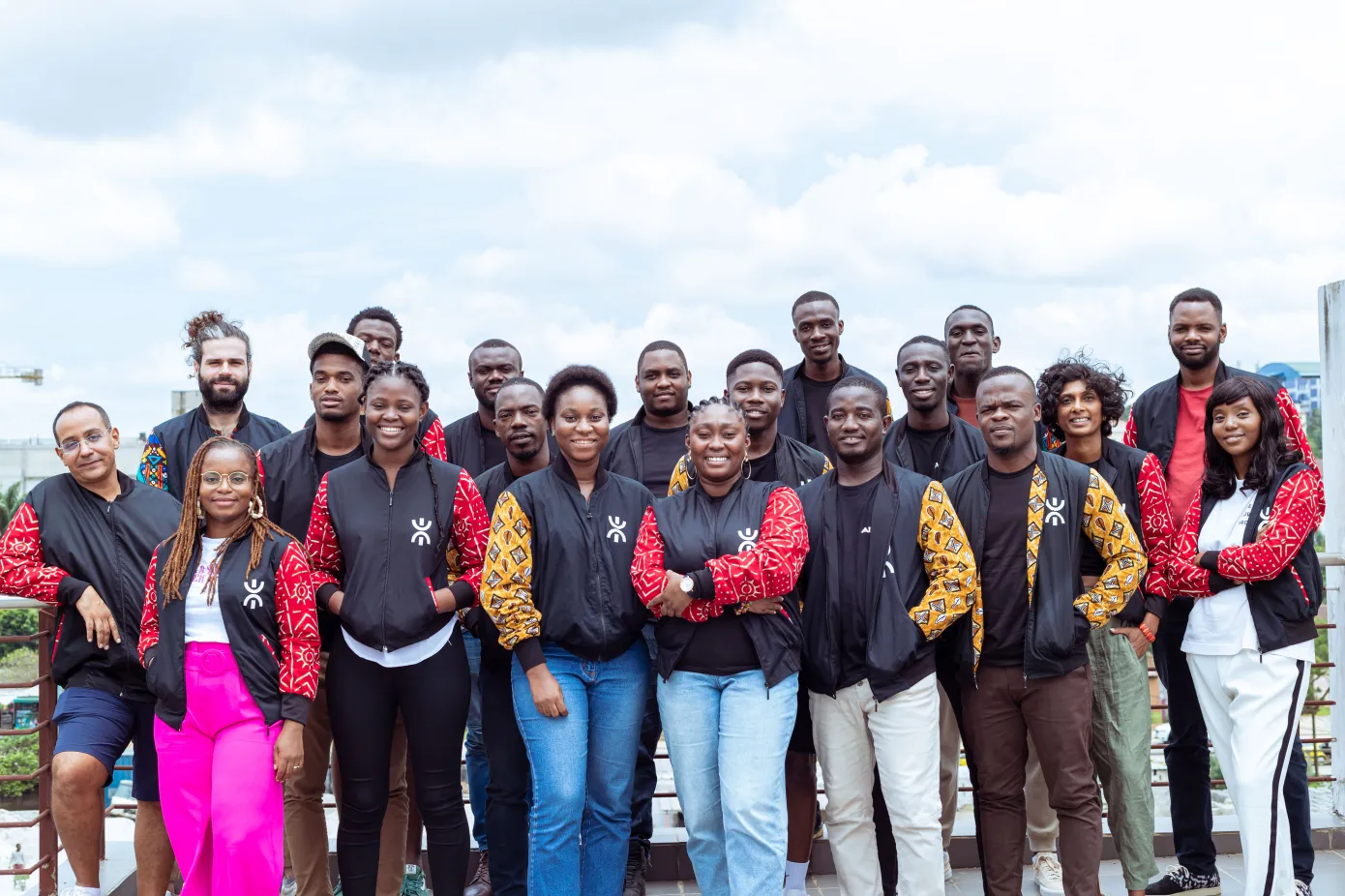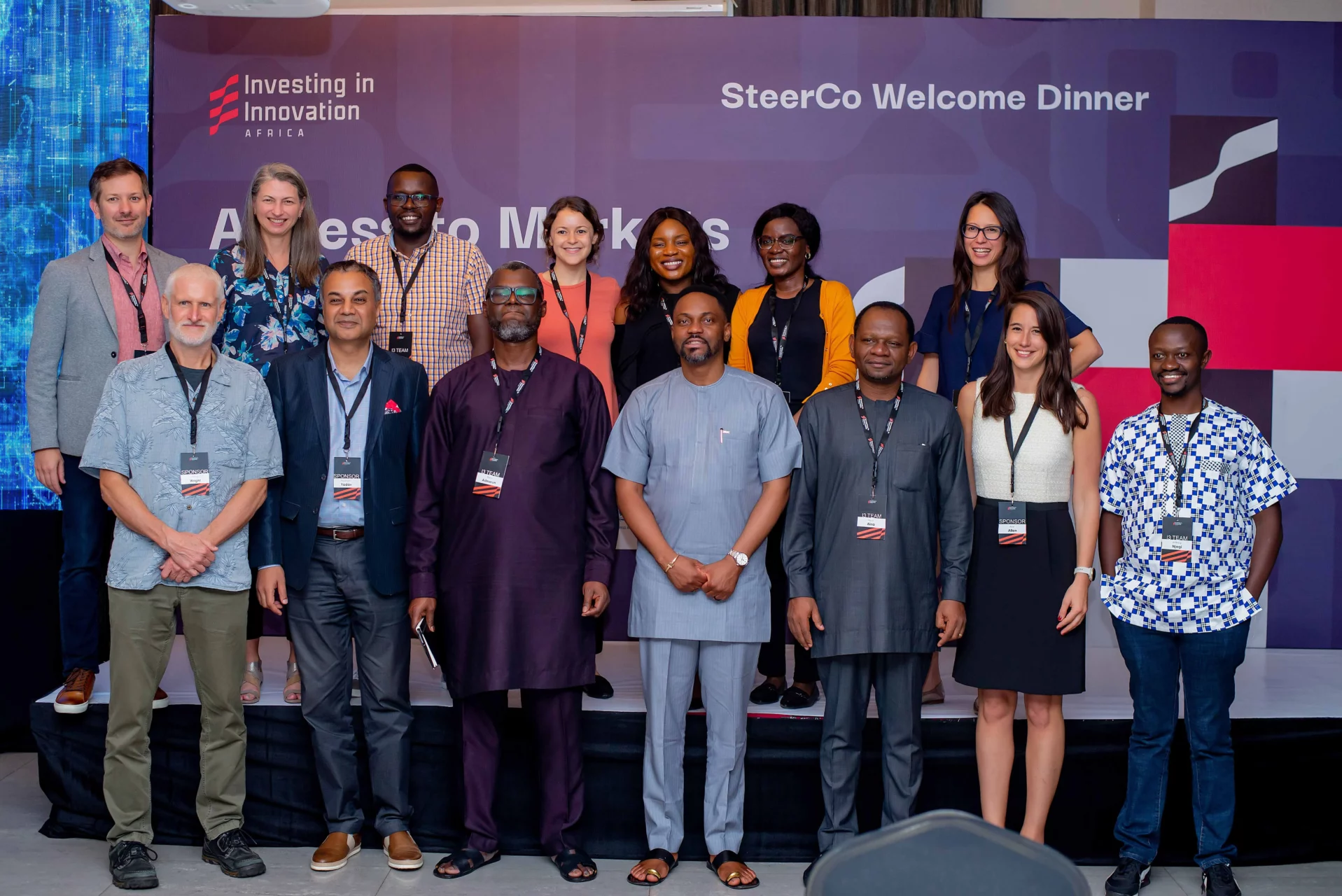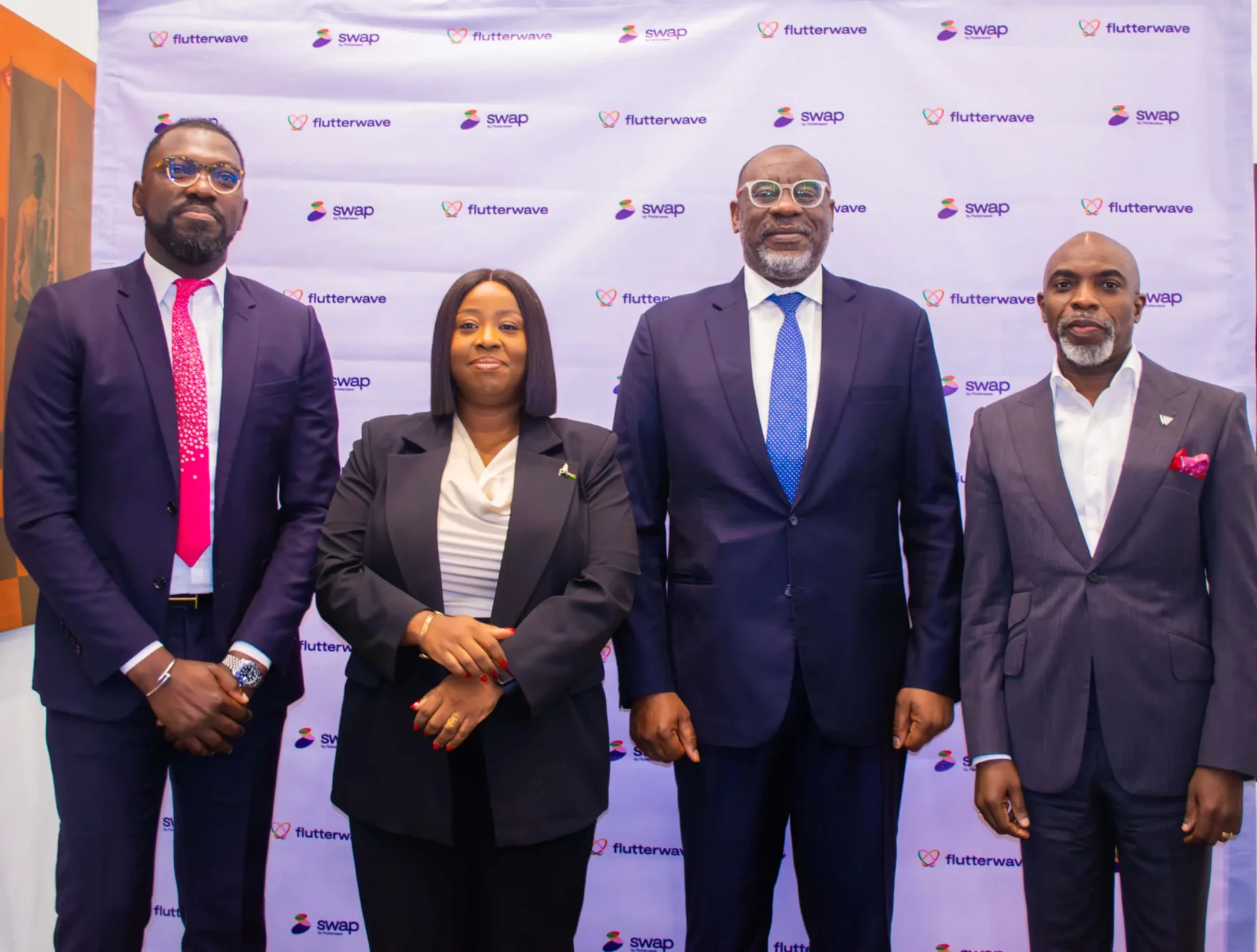Startups
In nearly a decade, hundreds of entrepreneurs have emerged with innovative startups across the African continent. We provide insights on their experiences and highlight the activities of investors who fund them.
Top stories

Mecho Autotech started out by connecting vehicle technicians with vehicle owners, but it’s adding a new data layer that could see it earn $400m in yearly revenue.

Rising inflation and migration has caused significant churn at Eden Life, but after tearing down the monthly subscription barrier, the startup says it is on its way to profitability.

Every year, more than three million students leave their home countries for study. With a new environment comes new demands from the financial system, which they frequently struggle to deal with. Nigerian startup, Endowd hopes to become the financial partner for these students.

Every year, more than a million immigrants move to the United States. Despite the numerous resources available to help with their journey, they frequently struggle. Techstars-backed Guideli is building a settlement management tool to make the transition seamless for these individuals.

What Nigerian fintech founders can learn from fraudsters In this article, Jude Dike, CEO and Co-founder, GetEquity, dives deep into the struggles of Nigerian fintech that few people are talking about

The climate crisis is not a distant menace for Africans; it’s a turbulent reality. In this exclusive interview with Yossi Matias, VP Engineering and Research at Google, we uncover how Google’s centres in Accra and Nairobi are harnessing Artificial Intelligence (AI) to fight environmental issues.

Stitch, a South African API fintech that raised $21 million in 2022, has now secured an additional $25 million in Series A funding to dominate the payments market.

5 Nigerian startups makes up Techstars Toronto cohort as it makes its 100th investment in 6 years

Complete Farmer, a Ghanaian agritech startup, has secured a $10.4 million pre-Series A funding round to streamline operations. The funds contain $7m in equity and $3.4m in debt.

Nigerian-led Mainstack emerges as one of the top 20 startups at TechCrunch Startup Battlefield 200

ANKA (formerly Afrikrea) has raised $5 million in a pre-Series A extension round to fuel expansion. The Ivorian SaaS eCommerce platform also plans to use the funds to employ sales, tech, and product talent.

i3 announces second cohort of healthcare supply chain startups to receive $50,000 grant and investor readiness support.

Sam Baddoo, an immigrant, launched Fleri in 2021 in response to the deaths of his grandparents and uncle. Fleri allows African immigrants to coordinate the care of their loved ones back home at a discounted fee.

WhoGoHost, a Nigerian cloud infrastructure provider, has acquired SendChamp, a cloud communications startup, to expand its value offerings for its customer base. The acquisition combines cash and equity, though the exact sum is unknown.

After receiving first-name approval from the Central Bank of Kenya, Flutterwave plans to invest $50m, expand its infrastructure, and hire staff in the East African country.

Ugandan agritech startup, Emata, has raised $2.4 million in seed funding to increase the scope of its agri-loan offerings. The company, founded in 2020, reached over 40,000 individual farmers in 2022 after growing sevenfold annually and forming partnerships with 50 agricultural stakeholders.

Here’s a list of African-founded startups in the 2023 Google for Startups Accelerator: Black Founders programme.

After watching his mother struggle to access financing for a solar asset, ex-Amazon employee, Ifeanyi Ukwuoma built Powerfull to de-risk lending in the solar financing space.

In this exclusive interview with Techpoint Africa, Olumide Olusanya, supported by testimonies from two other sources familiar with the situation, shares his perspective on KloudCommerce’s demise, as he pursues legal action

CBN backs Swap, Flutterwave’s answer to Nigeria’s FX problems. It was launched in partnership with Wema Bank and Kadavra, a digital bureau de change platform.
